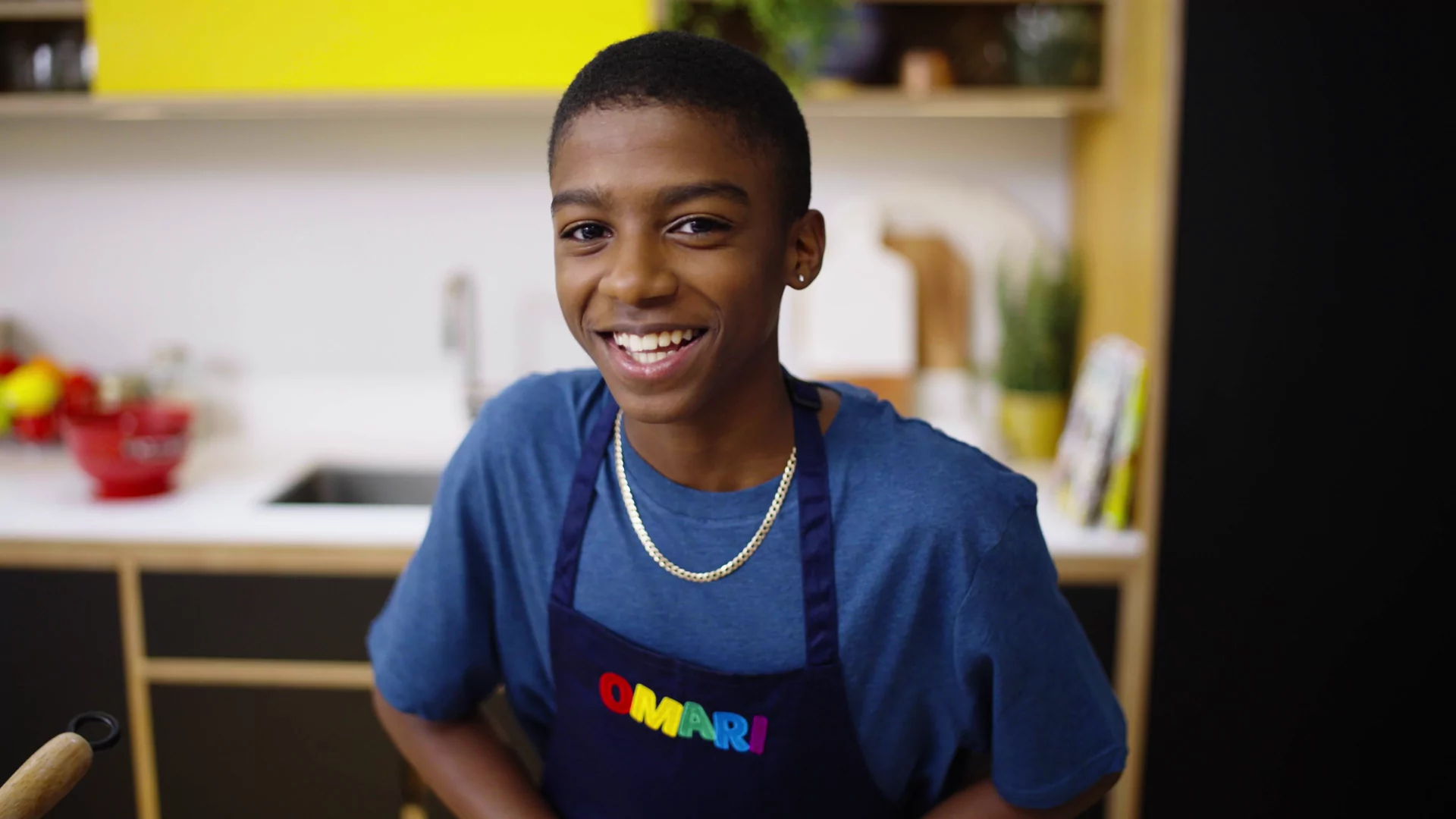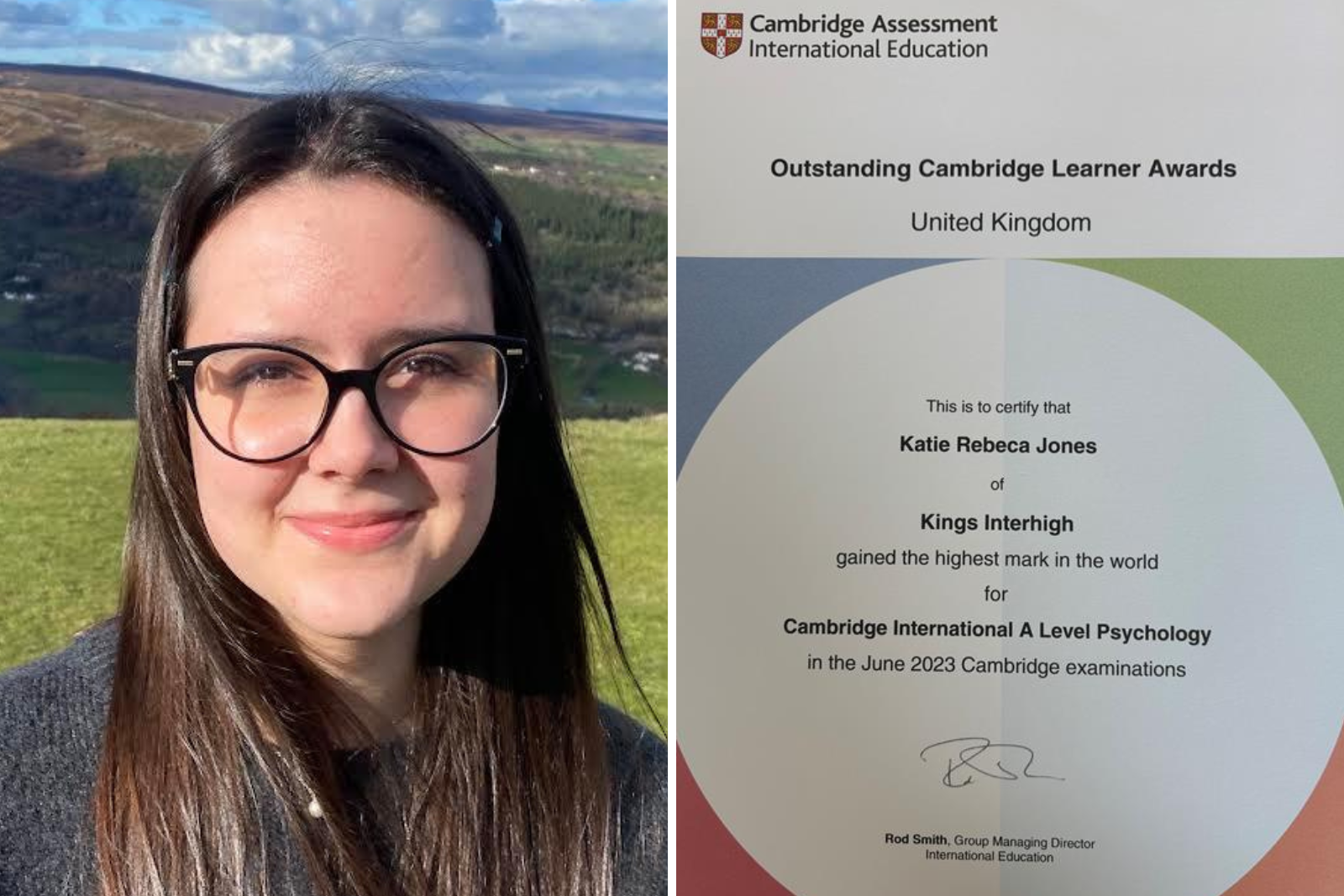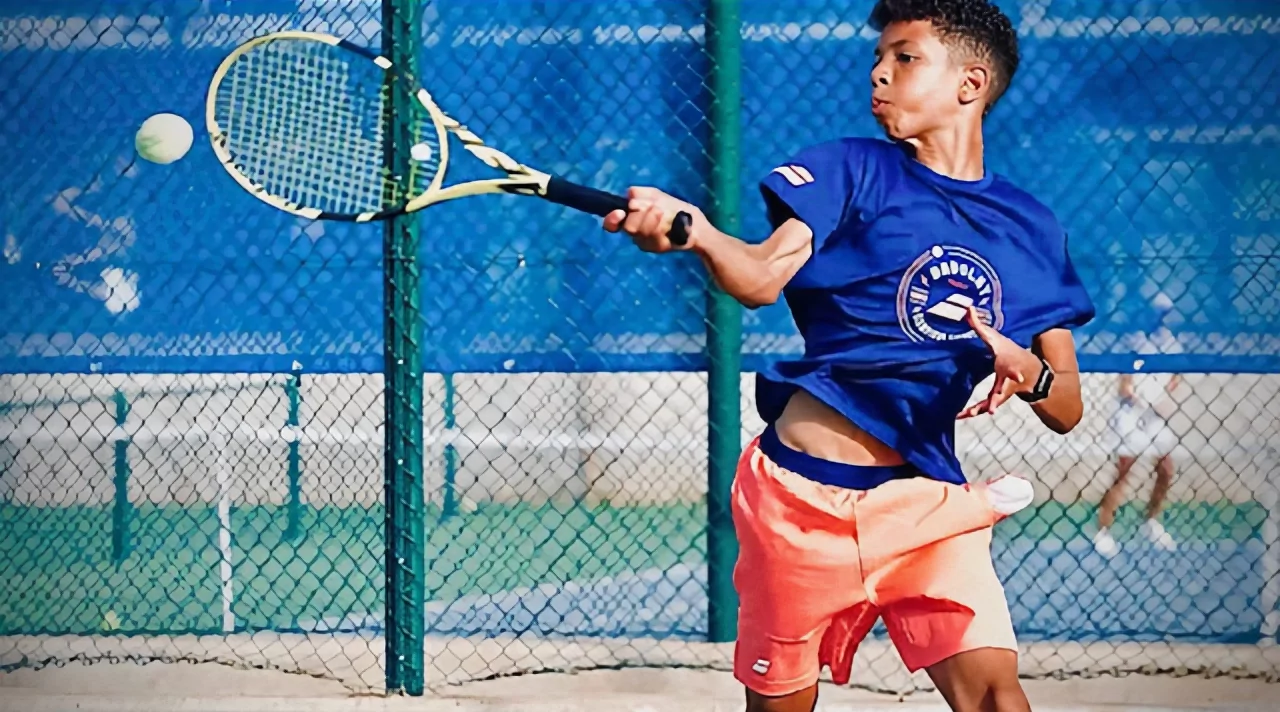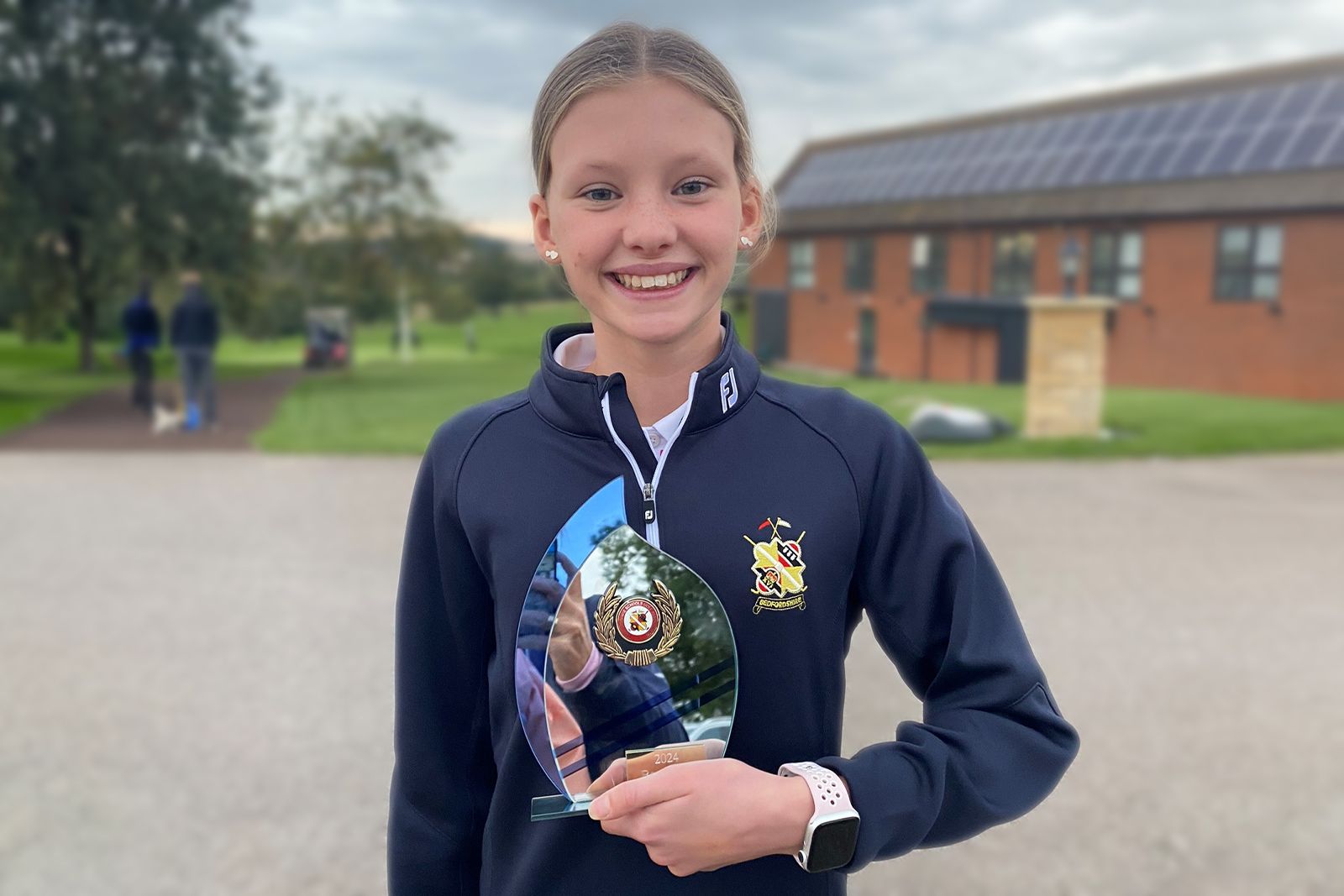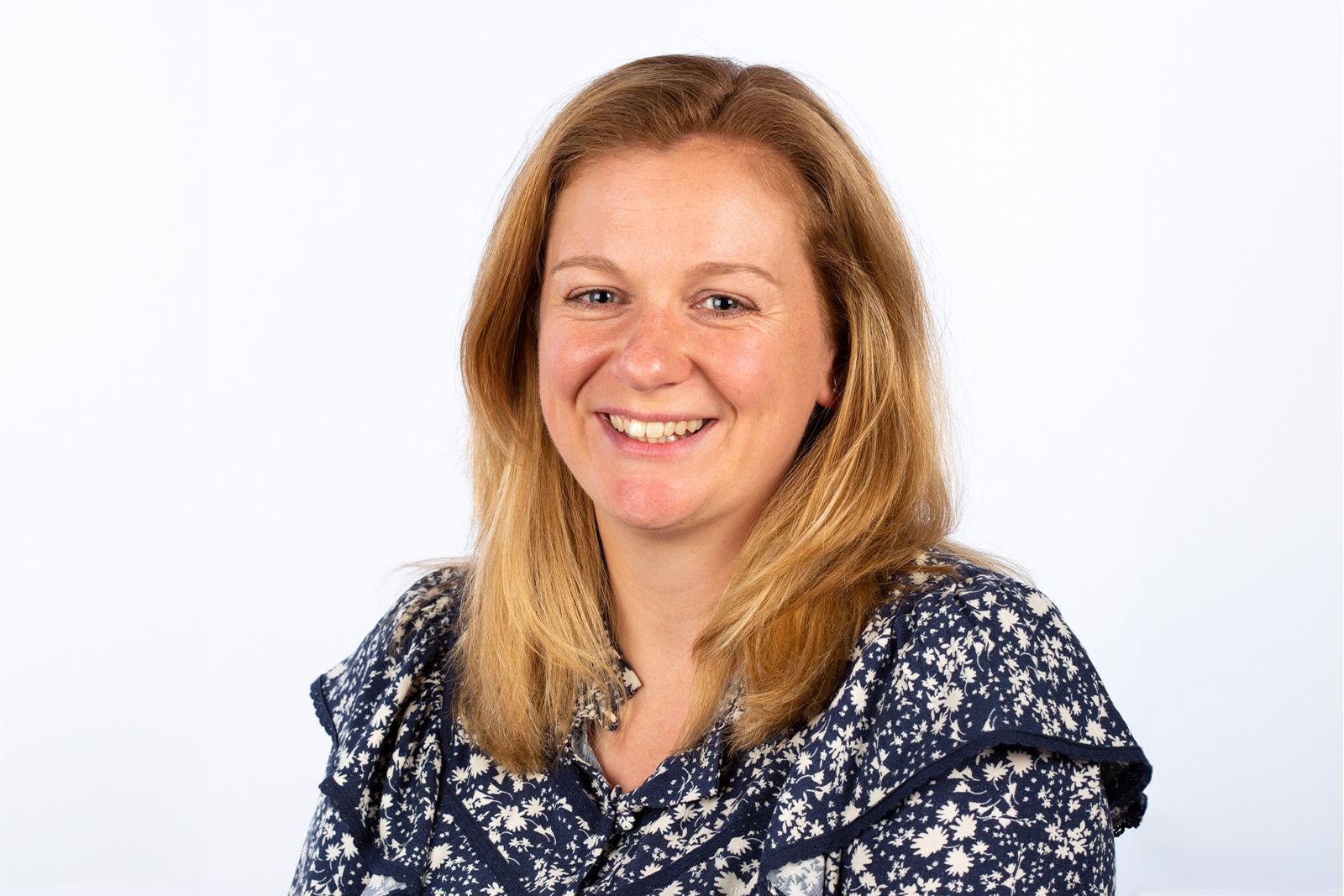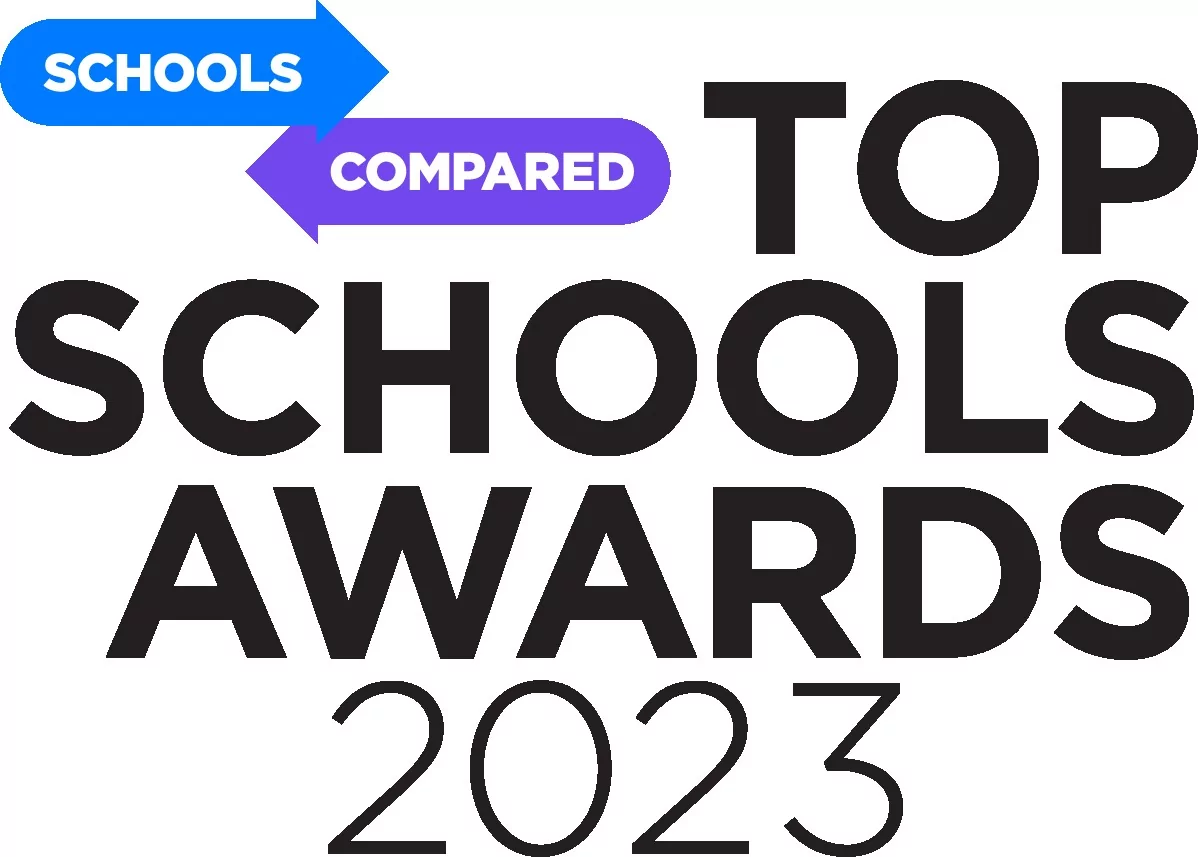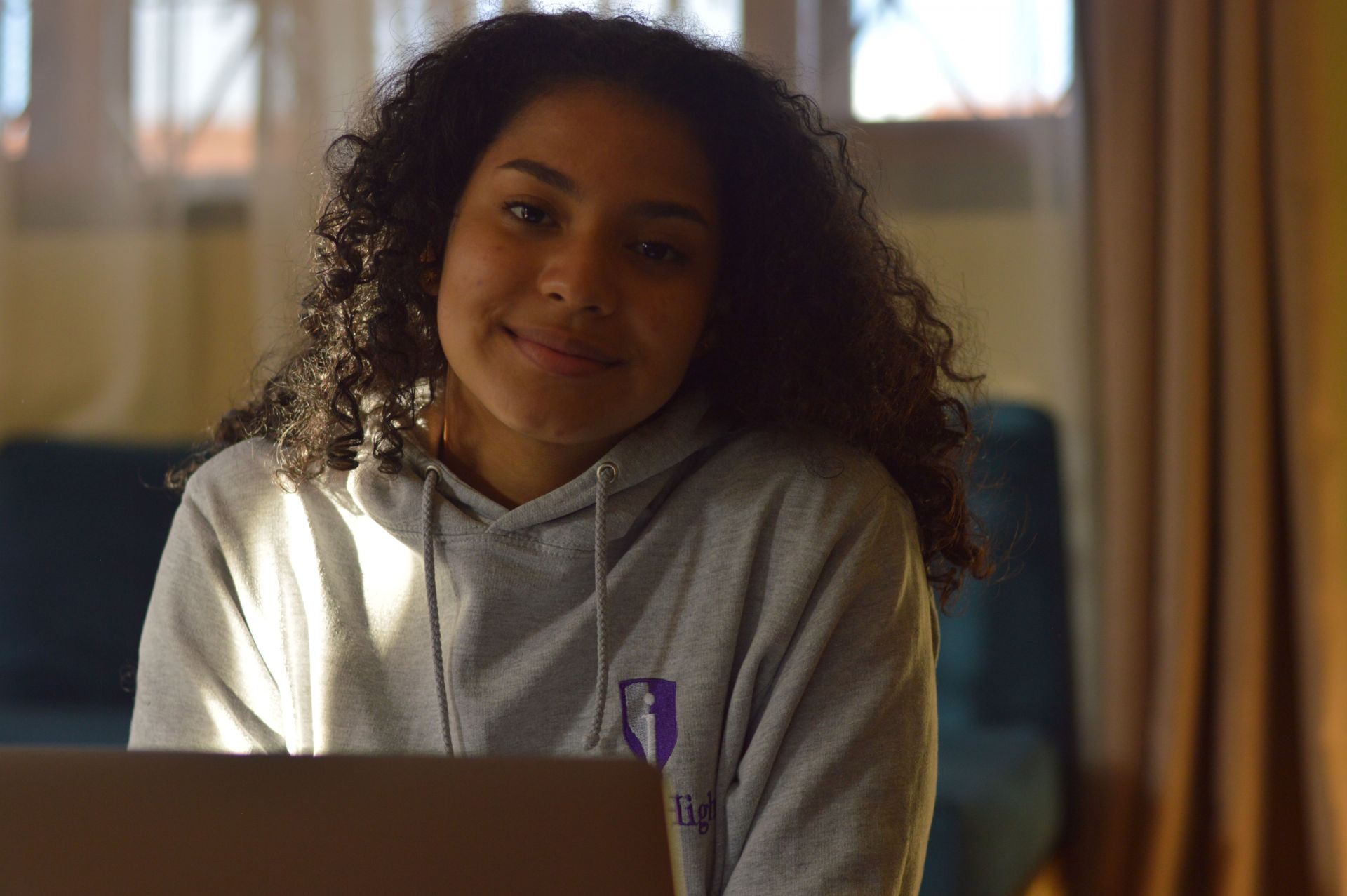
April 8, 2022
Top study tips from outstanding student and King’s InterHigh alumni Leana Janiszewsky
Leana Janiszewsky is an amazing 19-year-old student who achieved A*, A*, A for her Physics, Chemistry and Maths A-Levels this year. Here, Leana explains which independent learning tactics and focusing techniques she used to achieve such a feat. She also reflects on her time as a King’s InterHigh student, during which her passion to become an environmental civil engineer in Africa was enhanced.
Tell us a bit about yourself and your educational journey?
I am currently based in Uganda, where I’ve spent most of my life. When I first considered online schooling, I lived on a small island which made the practicalities of school difficult as my physical school was on the mainland. During this time, I had to wake up at 5.45am every day to travel to class. This was particularly challenging during the rainy season when I had to make the long journey through torrential downpours – my socks were wet all day!
I began to wonder if I really had to study this way. That’s when my family discovered online schooling and we didn’t look back. My older brother first joined King’s InterHigh when he was in Year 10 and he loved it. I look up to my brother as he has achieved so much academically, so I followed his footsteps and joined when I was in Year 10. King’s InterHigh helped provide me with the flexibility I needed to focus on my schooling without distractions or having to wade through water!
What kept you motivated and focused on your work, even though the unpredictable time of the pandemic?
King’s InterHigh helped me focus on my work during the pandemic because my schooling was largely uninterrupted. They have been experts in online education since 2005, so I felt very supported and lucky to be studying there. It was a rock for me! So much changed due to the pandemic including my home as my family members were confined to the same home during lockdowns, my friends’ lives and the makeup of the world, but the one thing that stayed constant was my education.
Additionally, I always kept in mind what I wanted to achieve. I plastered motivational post-its all over my room, which included my goal grades. These helped me visualise what I was working towards and kept me fixed on a positive end goal.
Did you face any challenges while you were studying and how did you overcome these?
I had quite a few technical challenges while I was studying at King’s InterHigh, including when Uganda had an internet shut down hours prior to the election polls opening in January 2021. Although this was inevitably very stressful, my teachers at King’s InterHigh were understanding, thoughtful and accommodating. They did all they could to help me find a solution. They allowed me to upload my work when the internet was restored, which made me feel trusted and reassured. The pandemic also posed many challenges. For example, I had to prepare for exams that weren’t necessarily going to go ahead and I didn’t know how my university application would be impacted. Despite these uncertainties, I remained focused and my teachers explained clearly how the grading system would work, which was initially a big worry for me. I also cut out unnecessary activities that increased my workload, so I could focus on my studies and learning, and prioritised talking with my friends and family, who supported me.
Can you share your top learning tips for students who might be struggling with their studies?
Sometimes, it can feel like you’re drowning when you’re struggling with your studies. I have felt like I don’t know which way is up! But I’ve learnt some great coping techniques.
My key tip is to make sure you’re prepared. This will help reduce your anxiety and make you feel in control. For example, I analyse my exam or coursework criteria so I can identify what I know and what I don’t know. Then, I break up what I don’t know into manageable chunks, dividing the topics between the days I have left before my deadline or exam. I can plot these topics onto a calendar so I know which days I will dedicate to which topics. That way, I am confident I have enough time to learn everything, and can celebrate the little feats of learning each topic, every day. This helps me stay motivated!
Secondly, I recommend every student looks at past papers in as much detail as possible. When I’m going through past papers, I put a little star next to questions that confuse me, so I make sure I cover this topic well afterwards. This process helps me continuously identify topics I don’t know, so I can add them to my calendar. You will then slowly eliminate what you don’t know, while also gaining knowledge about the paper and what to expect.
I also found it very beneficial to mark my own papers. This helps you understand exactly what the examiner is looking for and what you will gain the most points for.
Finally, a positive mindset and looking after your mental health will help you receive information better. If you tell yourself ‘I won’t grasp this concept’, you really won’t. If you tell yourself ‘I can get this concept’, and you will work towards getting it, then you will! Don’t be hard on yourself as this will make you more anxious and stressed. Always believe in yourself.
How did Kings InterHigh help you with your studies?
In physical school, teachers would always stand over us in class to tell us what to do. For example, I got to take my iGCSE in Core Maths early, in year 8, because I was told I was capable. This boosted my confidence and ambition! However, even then, teachers were watching and monitoring me which made me feel I wasn’t trusted and was studying to please them, rather than myself. Although teachers trusted me, I had less responsibility with regards to how I revised and grew academically.
At King’s InterHigh, my studies are all down to me. I have control over when, how and where I study, which helped me learn how I work best. This independent way of studying also helped me become more assertive. At King’s InterHigh, I never wait for a teacher to check on me as I always ask when I don’t understand something. This will really help me at university where you’re expected to manage your workload independently.
What is your favourite part about learning and studying?
I love the ‘lightbulb moment’! This is when something clicks, and you finally understand something you’ve been working on. I love to learn how everything works. For example, in Physics we learnt about generators and how to make electricity which was so exciting!
What made you interested in engineering?
My brother inspired me throughout school as he’s done so well academically himself. He helped me decide which subjects to take and always made me believe in myself. He encouraged me to study Geography at GCSE, even though I was considering dropping it, and I fell in love with the subject. I learnt how humans interact with their environment, which has helped me develop my passion for civil engineering. Thanks to this love for the subject and my brother’s support, I got the highest grade in GCSE Geography in Africa!
What are your plans for the future?
For ages I didn’t know what I wanted to do. I considered lots of careers, including becoming a doctor or perhaps something in maths. Then, I remember I have always been interested in civilisation. I remember reading about the Aztecs and I loved delving into the way they built their societies. This is what I want to pursue by studying Civil Engineering. I want to build sustainable buildings and cities.
I want to change the transport in Uganda to help revolutionise how we build sustainably in developing countries. I also want to involve my community, so we find solutions tailored to our specific societal problems. I feel this will help change the way we view urban expansion.
There are many sustainability initiatives that could work well in developing countries. For example, ensuring public transport runs on biofuels which incentivises people to stop using their private cars, erecting recycling stations across the world where people can exchange their recycling for food including vegetables and investing in sustainable employment, such as community cafes, which work for everyone.
My end goal is to harmonise human development and advancement with nature. Urbanisation doesn’t have to be concerning or harmful if it is engineered in an environmentally friendly way and with the community in mind.
To achieve this, I would like to study my degree in the UK or Germany because mainland Europe is doing a lot of great work on sustainability and how to grow their development. I want to study somewhere that focuses on shaping the future and in an institution that’s innovative and exciting! Then, I can use this knowledge to solve the structural problems I have experienced first-hand in Uganda.




